Last year on August 5, Home Minister Amit Shah stood in the Rajya Sabha with a pile of documents and read out what was known to be scrapping of the special status of J&K.
Article 370 was scrapped and the state was bifurcated into two Union Territories. The UT of Jammu & Kashmir with a state assembly and a UT of Ladakh.
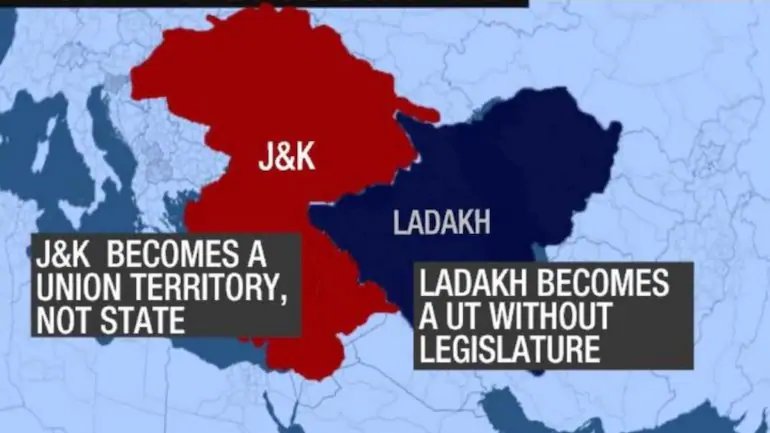
It is almost going to be a year since the state was snatched of its special rights. Last month, a report by The Forum for Human Rights in Jammu & Kashmir was released.
The report was led by the former Supreme Court Justice Madan B. Lokur and analysed the economic, social and political impact of the lockdown since the abrogation of Article 370.
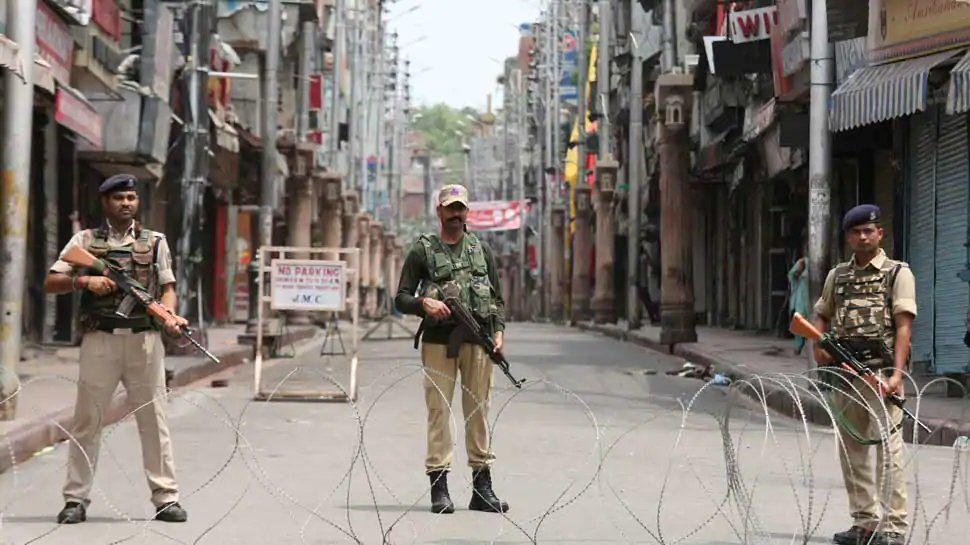
The report puts forwards some facts that all of us need to remember.
Detentions
A total of 6,605 people were taken into preventive custody. According to the Ministry of Home Affairs, “miscreants, stone-pelters, over ground workers (OGWs), separatists” were detained. 444 of the 6,605 people were detained under Jammu and Kashmir’s Public Safety Act (PSA) of 1978.
While more than 400 people still remain under custody, the J&K administration admitted in the Supreme Court that 144 children had been detained as well, the youngest was 9 years old.
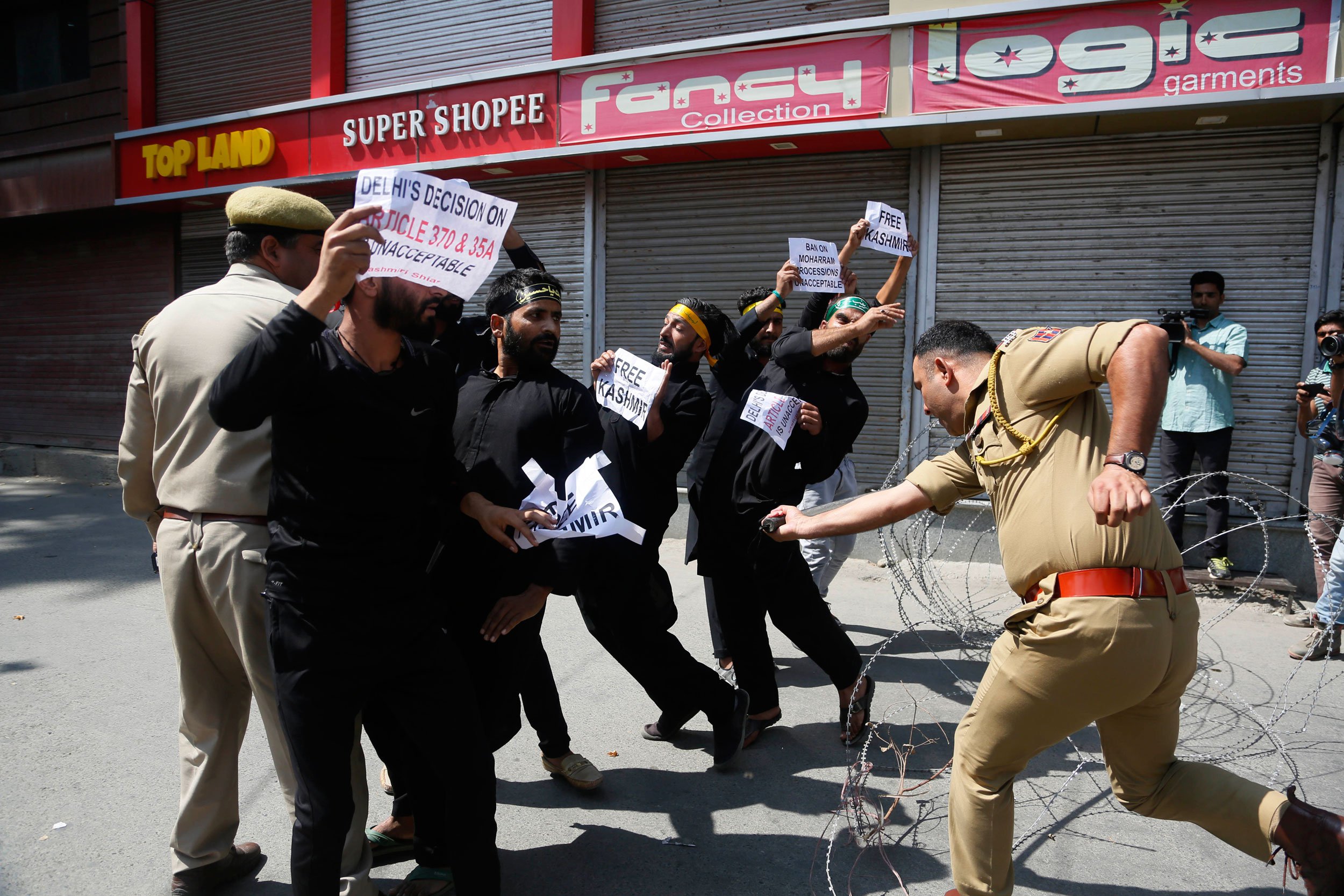
Health
The lockdown following bifurcation of the state “enormously impacted public health, and caused trauma and stress amongst the people of Jammu and Kashmir.” It had become difficult for patients to travel to hospitals or private clinics.
Restrictions on the internet made it even more difficult for doctors to keep up with medical research, including the latest information on dealing with COVID-19. The most widespread and long-lasting impact of the lockdown since August 2019 has been on mental health.
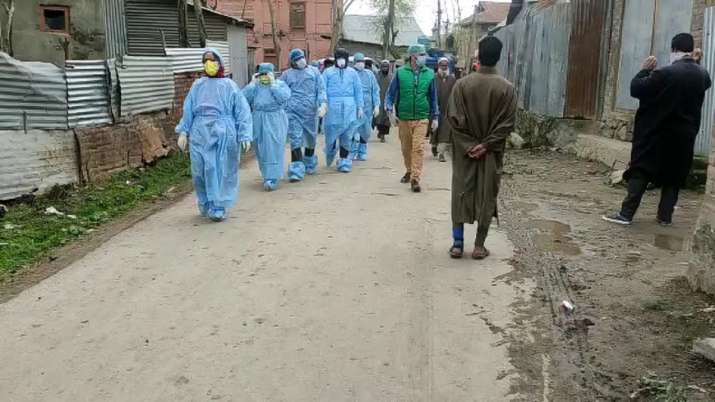
Children and youth
Schools merely opened for 2 weeks between August 2019 and March 2020. After the COVID-19 lockdown, 2G connectivity made it impossible for students to attend online classes.
Only 27.62 per cent of households in Jammu and Kashmir could access online classes, against the national average of 41 per cent.
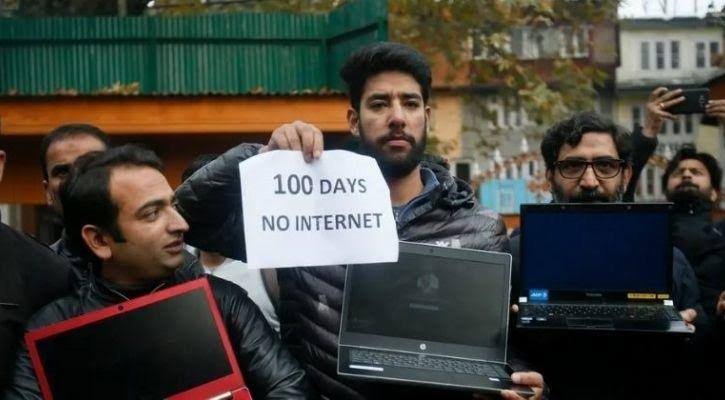
Industry and Employment
According to the Kashmir Chamber of Commerce and Industry (KCCI), Kashmir’s industry suffered a loss of Rs. 40,000 crores (USD 5.3 billion) between August 2019 and June 2020. Sectors like agriculture and horticulture, construction, handicrafts, manufacture, real estate, transport, tourism, small businesses including start-ups were affected the most.
A bulk of these businesses have seen a drop of 50 per cent in earnings. The fruit industry in the state lost around 1.35 lakh metric tons of its crop due to transport restrictions.
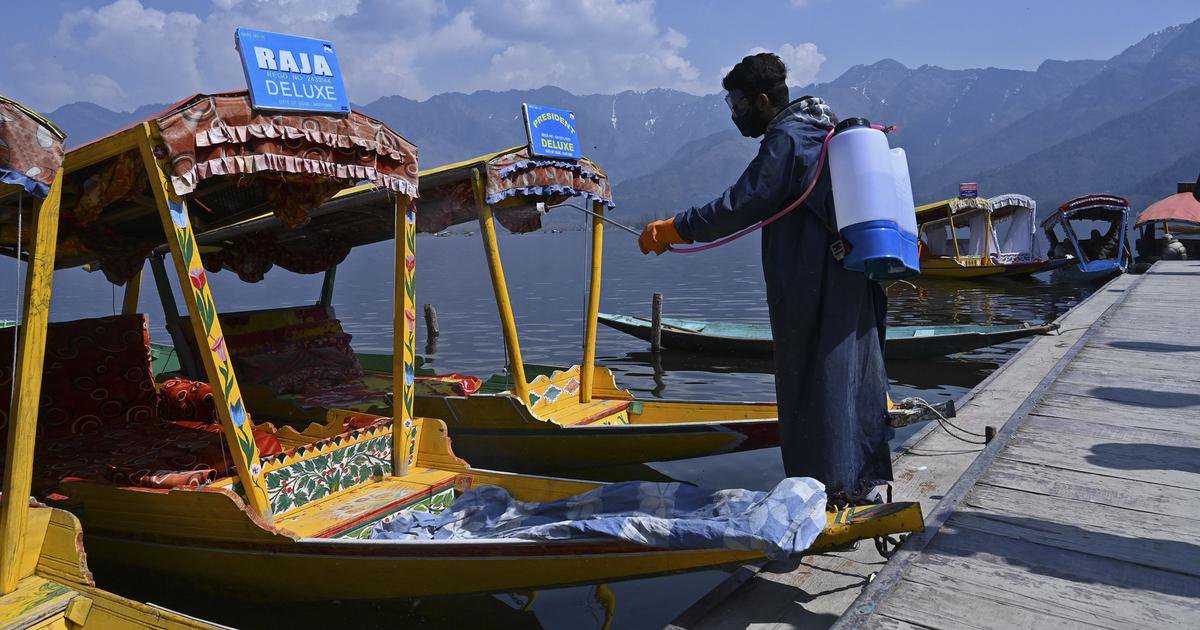
Media
With all communications snapped and Section 144 imposed, newspapers did not publish for 2 months. Journalists were harassed and were slapped with charges such as UAPA. Dozens of journalists lost jobs because content, readership and revenues of the media had plummeted.
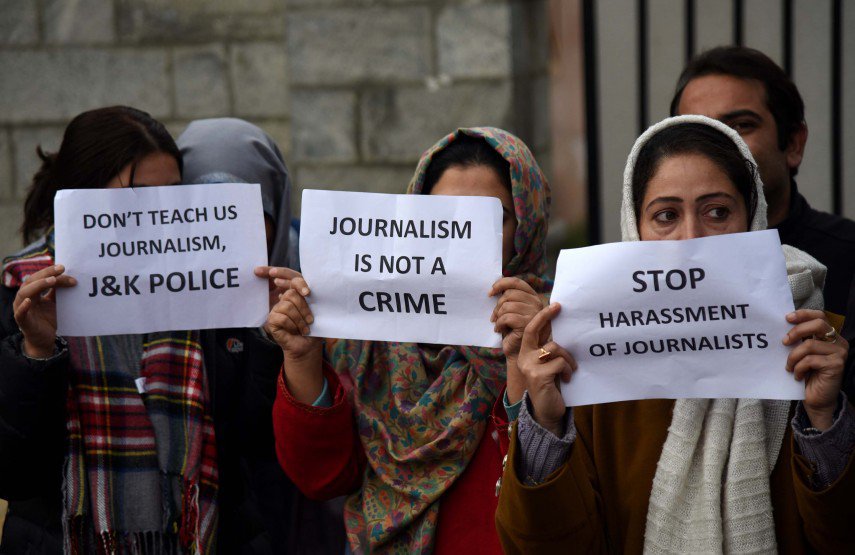
Recently, former chief minister of Jammu & Kashmir and president of National Conference wrote in an opinion piece published in The Indian Express that he will not content assembly elections as long as Jammu and Kashmir remains a Union Territory.

















